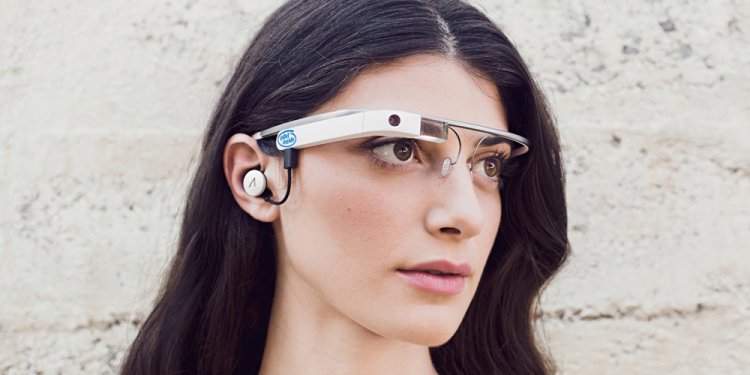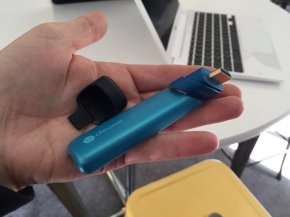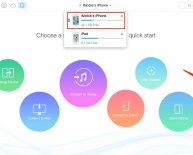
Google new computer
 Matt Weinberger
Matt Weinberger
The Asus Chromebit, announced by Bing these days, packs many processing energy into a little itty-bitty type element and a sub-$100 price point: connect this stick into any display with an HDMI slot, like the majority of big-screen TVs these days have actually, and unexpectedly you have a Google Chrome desktop computer at your disposal.
It's utilizes restricted only by your imagination. Like:
- Upgrade a preexisting PC by plugging this into the monitor.
- Make use of it for art projects or to build interactive shows using low priced TVs.
- Bing alludes to the example of a retail store that may use it to handle all of their electronic indications, altering a-sale on short pants to a sale on umbrellas instantly when it begins to rain.
This has a swivel head therefore it'll fit into even more nooks and crannies, and you will put it to use with Bluetooth mice and keyboards. It uses a super-small supply processor of type you normally find in a cell phone, so that it doesn't really heat up. It has 2GB of memory and 16GB of storage space, similar to other Google Chrome products. It even is available in several colors, the style-conscious.
The top caveat, based the method that you make use of it, is it utilizes Bing's Chrome OS, which can be simply a web internet browser. Therefore although it'll operate programs like Spotify, Netflix, and Microsoft workplace 365 within the web, and certainly will soon run some Android os applications also, you won't be playing Call of Duty onto it anytime soon.
The entire computer-on-a-stick thing was done before, but never really well. The Dell Wyse Cloud Connect is a $129 Android stick that does approximately the same thing, but it is explicitly for business people and unavailable in the direct market. Likewise, the Dell Cast is an Android stick that costs only $80, but is only going to work with conjunction with a Dell tablet — it's even more more Chromecast than Chromebit.
Intel's soon-to-arrive $149 Compute Stick will probably be more direct rival to Chromebits, running Microsoft windows 8.1. Google's pitch is definitely that the browser-based Chrome OS devices could be the much better, faster and simpler for low-horsepower computers such as these sticks, and Windows can't continue. In addition the Asus Chromebit are at the very least (they usually haven't launched last rates yet) $50 cheaper.
Either way, the squeeze is on. Anyone who can do even more computing with less computer system within cheaper cost is poised to win this brewing tiny unit war, and also the Asus Chromebit is, at the least, an attempt across Microsoft's bow.

















